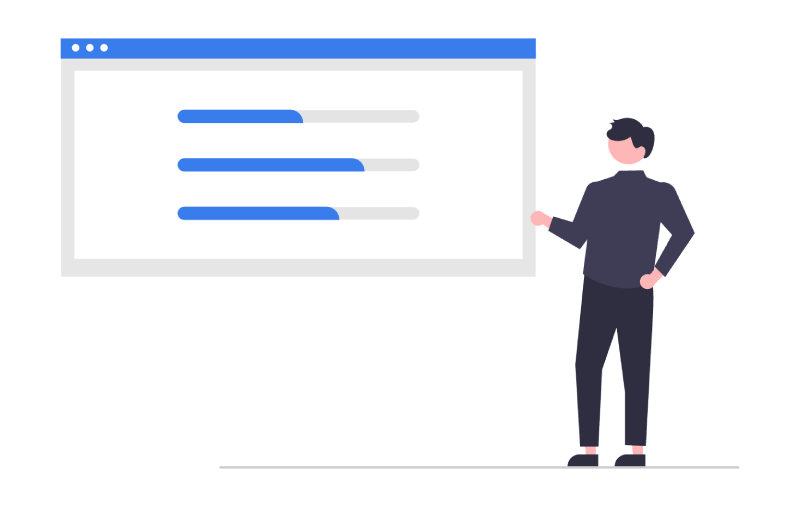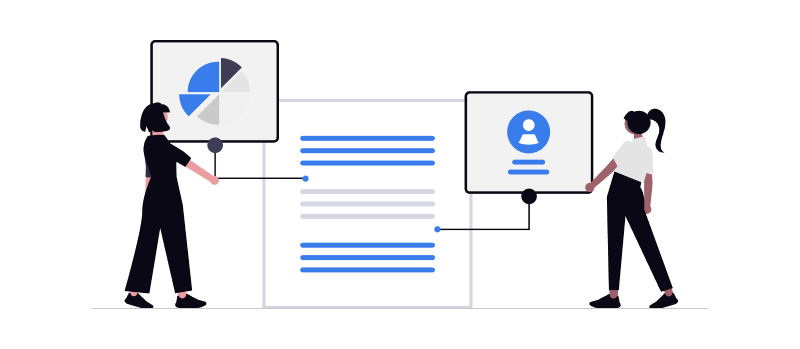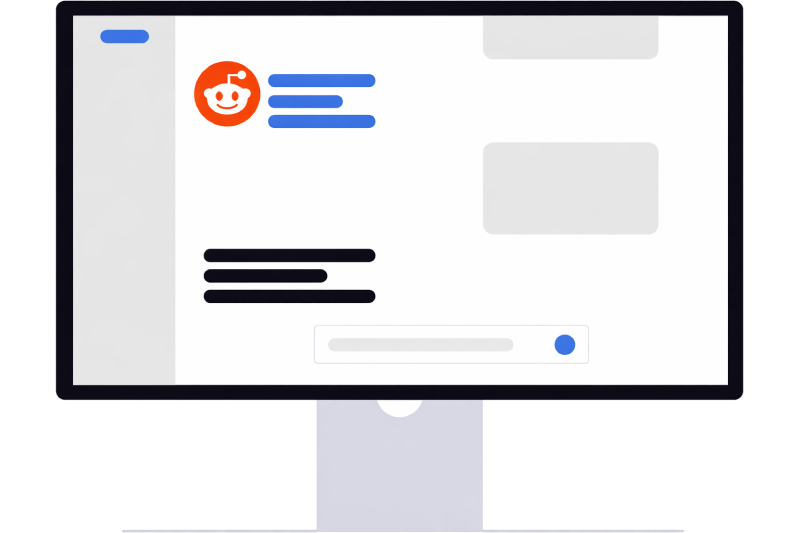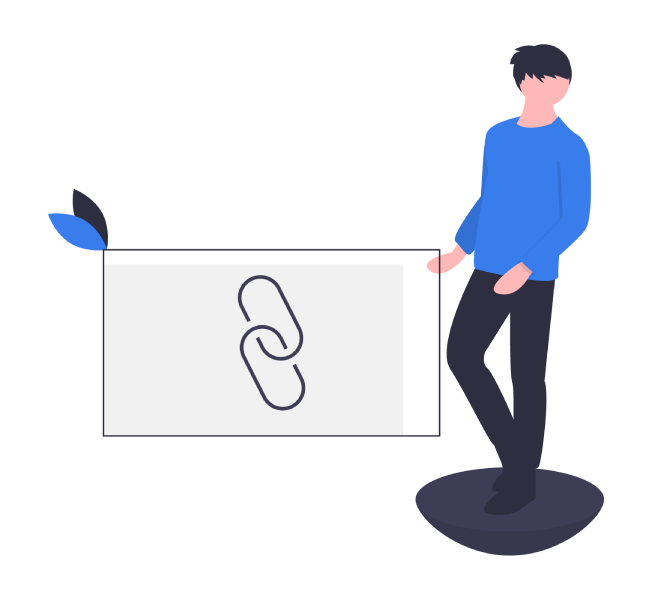Introduction: The Great Decline
In 2024 and 2025, something happened across the web that SEOs hadn’t seen since the early Penguin era — mass devaluation without explicit penalties.
Entire sectors saw visibility collapse, seemingly overnight. Affiliate blogs, travel guides, AI content farms, even legacy media publishers reported 30–80% drops in organic traffic. Reddit, SEO forums, and niche Discords were flooded with threads like “My site lost 70% overnight — anyone else?”
What caused it? Not a bug. Not manual actions. But a systemic tightening of what Google — and now, generative engines like Gemini and ChatGPT — consider worthy of surfacing.
By the time the March 2025 Core Update rolled out, the pattern was clear:
Sites that were once “optimized” were now considered unhelpful, untrusted, or simply not good enough.
“It’s not that your site was penalized. It’s that the algorithm stopped believing you deserve visibility.”
— Glenn Gabe, SEO expert
And this wasn’t just a Google story. AI-generated summaries from Perplexity, ChatGPT (with browsing), and Google’s own AI Overviews were rewriting the user journey. If your brand wasn’t cited, it wasn’t visible — even if it ranked.
Takeaway:
You weren’t alone — and you weren’t necessarily wrong.
You were operating under old rules. The rules changed.
What Google Actually Penalized
What happened wasn’t a penalty in the traditional sense. Google didn’t issue manual actions or spam warnings — instead, it quietly shifted the bar for what counts as worthy content.
Many sites woke up to find they were no longer considered helpful, even though nothing technically broke.
Between March 2024 and March 2025, Google rolled out a new layer of quality enforcement that combined Helpful Content System (HCS) with aggressive link filtering, spam detection, and AI model alignment.
Here’s what the data — and the community — shows Google actually went after:
Thin or AI-Rewritten Content at Scale
Thousands of sites were built around the assumption that more pages = more traffic. That equation broke. If your site pumped out rewritten answers, AI-stitched comparisons, or rehashed product descriptions, you got filtered.
“It wasn’t AI that got sites hit. It was the lack of human intent, clarity, and structure.”
— Lily Ray, Amsive
Over-optimized Anchor Patterns & Legacy Backlinks
Sites relying on massive DR link insertions from expired guest posts, sidebar swaps, or irrelevant blogs saw link equity stripped. It wasn’t just about nofollow vs dofollow — it was about context and credibility.
Pages With No User Value (Despite High Word Count)
Several large blogs (>1,000 articles) reported complete invisibility of pages that:
- Had no internal links
- Didn’t answer intent clearly in the first paragraph
- Lacked schema, author bio, or purpose
“Google stopped tolerating SEO-first content. That’s the update in one sentence.”
— Barry Schwartz, Search Engine Roundtable
Sites Not Cited in the AI Layer
In 2025, ranking ≠ presence. Google’s AI Overviews, ChatGPT with browsing, and Perplexity all surface sources based on citation-worthiness.
And most filtered sites had zero:
- Reddit mentions
- Quora citations
- YouTube transcript overlaps
- TL;DR summaries
- Structured LLM Meta Answers
Takeaway:
It wasn’t one issue. It was five overlapping layers of irrelevance:
- Content wasn’t clear
- Links weren’t trustworthy
- Structure wasn’t readable
- Brand wasn’t referenced
- Pages weren’t citably helpful
Recovery starts by fixing all five.
The LLM Layer: Why Rankings ≠ Visibility Now
In 2025, ranking #1 is no longer a guarantee of attention — or even clicks.
That’s because platforms like ChatGPT (with browsing), Google’s AI Overviews, Perplexity, and You.com no longer rely solely on the traditional link graph. They generate answers — not list them. And they generate based on sources they’ve seen, understood, and trusted.
This is where many SEOs lose the thread: your site might be ranked, but if it’s not mentioned, cited, or remembered by the model — you’re invisible.
What the LLMs Are Actually Looking For:
- Frequency of mentions across the open web (Reddit, Quora, YouTube, Medium)
- Structured formatting (FAQ schema, TL;DR blocks, clear intros)
- Answer-likeness — does your content “sound” like a helpful answer?
- Entity consistency — is your brand described the same way across multiple surfaces?
If you’re not included in the LLM’s “trained memory” — or retrievable via browsing mode — your rank position means very little. Because the user never sees it.
“You don’t just need to rank anymore. You need to be retrievable.”
— Barry Schwartz, Search Engine Land
Takeaway:
LLMs don’t crawl pages — they synthesize conclusions.
And your inclusion depends on how often, how clearly, and how consistently your content gets referenced across the broader web.
Case Studies: What Recovered, What Died
There’s no better way to understand the Helpful Content Update fallout than to look at two real-world cases: one site that never recovered — and one that did.
These aren’t hypothetical scenarios. These are common patterns that played out across affiliate blogs, SaaS platforms, and AI content farms post-2024.
Case A: The AI-Scaled Affiliate Site (Failure)
This site pushed out over 10,000 articles in 12 months, powered by AI templates and programmatic internal links. The team relied on medium-authority guest posts and exact-match anchors like “best gaming chairs 2025.”
What went wrong:
- No author bios or experience
- Thin intros with “keyword first” H2s
- Zero Reddit/Quora mentions
- No LLM Meta Answers or schema
- Dwell time under 25 seconds per article
- Bounce rate 90%+
The March 2024 Core Update dropped the site’s visibility by ~80%, and despite pruning 4,000 pages, traffic never returned.
Key Insight:
Without Generative Brand Density, Echo Backlinks, or user intent satisfaction — no amount of DR or page count mattered.
Case B: The Niche SaaS Blog (Recovery)
This B2B SaaS platform had a lean blog, ~150 articles, and dropped ~55% after the September 2024 update. But it fully recovered within 90 days — and surpassed its previous highs.
What they did right:
- Conducted a full content audit using GSC + Hotjar
- Removed zombie pages and grouped similar articles
- Added LLM Meta Answers to every post
- Rebuilt internal linking using Context Flow Backlinks
- Ran a Quora & Reddit brand citation campaign
- Earned 14 new editorial backlinks (Forbes, Zapier Blog, TechRadar)
They also rewrote intros using Prompt-Based SERP Capture — mirroring real user queries like:
“How to track SaaS churn rate using dashboards?”
Before/After Comparison Table
| Metric | Affiliate Site (Failed) | SaaS Blog (Recovered) |
| Traffic Before | 140K/month | 40K/month |
| Traffic After (90 days) | 18K/month | 52K/month |
| Editorial Links Earned | 0 | 14 |
| Schema Implemented | No | FAQPage, Article |
| Reddit / Quora Presence | None | Active |
| AI Inclusion (Perplexity) | ❌ | ✅ |
Takeaway:
Recovery doesn’t require thousands of new links.
It requires structural clarity, brand context, and AI-aligned formatting.
The brands that recovered weren’t louder — they were clearer.
What Experts Are Saying
If you’ve been on SEO Twitter, Reddit, or at Pubcon in the past year, one thing is clear:
The old SEO playbook is broken.
The aftermath of the 2024–2025 updates triggered a wave of analysis — not just from tool vendors, but from seasoned SEOs who’ve seen Panda, Penguin, and everything in between. But this time feels different.
Barry Schwartz – Search Engine Roundtable
“You can’t ‘SEO’ your way out of this one. Google doesn’t want to reward optimized sites — it wants to surface credible ones. Recovery starts with clarity and citations.”
His stance is consistent: formatting, schema, and anchor strategy still matter — but only if your content is being referenced by people and machines.
Lily Ray – Amsive Digital
“We’re entering an era where mentionability is visibility. The strongest brands are showing up in Perplexity, Reddit, and Gemini — not just Google SERPs.”
She’s urged SEOs to lean into Generative Brand Density and Quora-Trigger Loops to build brand momentum outside of their own domains.
Glenn Gabe – GSQi
“Pages don’t just need to be helpful — they need to be retrievable. That means using TL;DRs, proper entity disambiguation, and building echo backlinks across surfaces LLMs trust.”
Glenn has focused heavily on the intersection of technical cleanup and AI retraining. His playbook?
- Disavow toxic anchors
- Audit for LLM inclusion
- Push structured answers into Reddit & Quora
Reddit SEO Threads – r/TechSEO, r/BigSEO
From user @searchhumanity:
“Our DR68 site dropped 40% overnight. Recovery only came after we killed 200+ zombie pages and rewrote 30 posts for LLM clarity.”
From @uxpioneer:
“No one’s talking about scroll depth. But the minute we added sticky TOCs, interaction jumped and rankings started creeping back.”
From @crowdrunnerbot:
“We stopped chasing keywords and started chasing citations. That’s what got us into ChatGPT’s responses again.”
Echo Backlinks Are Emerging as a Trust Signal
Repeated citations — across platforms, in different voices, with consistent framing — are creating LLM Confidence Bias.
It’s no longer about building one great post. It’s about creating repeatable context that the models remember and retrieve.
Final Checklist — Your Post-Update SEO System
You’ve audited your content.
You’ve cleaned your link profile.
You’ve rebuilt structure, formatting, and mentions.
Now let’s turn that work into a system — one that keeps your site visible in both the SERPs and generative answer layers.
This is your new baseline. Review it monthly.
The 2025 SEO & LLM Visibility Checklist
| Area | Task | Goal |
| Content Health | Audit outdated/thin pages quarterly | Reduce algorithmic noise |
| Add TL;DR + LLM Meta Answer blocks | Boost answer visibility in AI engines | |
| Technical SEO | Implement FAQPage, WebPage, Organization schema | Enable structured interpretation by LLMs |
| Link Strategy | Disavow spammy/irrelevant links | Eliminate toxic drag |
| Earn Context Flow Backlinks via outreach, PR, Quora, Reddit | Reinforce topical trust | |
| AI Surface Tracking | Use Glasp, Perplexity, ChatGPT to test inclusion | Monitor Answer Equity |
| Prompt-test for inclusion using brand + topic-based queries | Track retrievability over rankings | |
| Engagement Signals | Add sticky TOCs, compress intros, reduce UX friction | Improve scroll depth + dwell time |
| Entity Hygiene | Standardize how your brand is described across Wikipedia, YouTube, etc | Feed LLM Confidence Bias and reduce confusion |
“If your SEO system doesn’t include AI retrievability, it’s outdated. This is the new frontier — and it’s already live.”
— Barry Schwartz
Closing Thought
Google didn’t kill your site in 2024 or 2025.
It retrained the machine.
And the machine no longer rewards presence — it rewards precision, consistency, and citation.
You’re not just optimizing pages anymore.
You’re training models to remember your brand.
Do that well, and you won’t just recover. You’ll future-proof.







